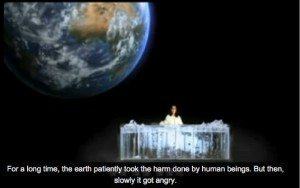 By Lush Huxley, LuxEco Living Editorial Assistant
By Lush Huxley, LuxEco Living Editorial Assistant
Move over Al Gore and make room for the ladies. The Western world isn’t the only hemisphere freaking out over the climate crisis. In the Taiwanese documentary “±2°C” global warming is once again put on close analysis. The movie focuses on the series of natural disasters that occurred in 2009, and their implications for the world climate of the future.
Sponsored by the Taiwanese politician Sisy Chen (with her own interesting background as an entrepreneur, academic, politician, and TV personality), “±2°C” begins with the old end-days routine visualized by a doomsday clock that dramatically strikes midnight (done by famous Taiwanese illustrator Jimmy Liao) However, despite the film’s early fear-mongering, the evidence depicted here is factual and poignant, at that. The summer flooding of Beijing, typhoons hitting Taiwan in August, and the hurricanes in the Philippines in autumn all represent the drastic changes in wet weather in the Eastern hemisphere. Meanwhile, dry areas like Africa and California are plagued with drought and fire, respectively. It cites the blizzards on America’s Eastern seaboard as an example of intensifying cold weather. The radical climate shift means that, as a whole, summers and winters will be longer, falls and springs shorter. This translates to global weather conditions becoming dangerously extreme as a whole.
The documentary’s title refers to the fragile 2°C shift that could push the global climate over the edge. If the temperature increases just 1°C (1.8°F) most animal life will not be able to survive on this planet. Add another 1°C (that’d be 3.6°F) and human life is toast. I repeat: a smidge on the thermometer and our survival as a species will not be possible!!
Hypothetically, if the climate increases 3°C (5.4°F) from its present state, ocean levels will rise and a world drought will ensue. The documentary anticipates the N. Greenland Iceberg disappearing by 2030 and also cites the by-now-classic example of polar bears eating their own young to survive as an example of the direness of the situation. A lot to look forward to, I know.
An interesting touch to the documentary is the holistic approach to explaining the environmental horrors of industry. “Earth is the home of all animals and plants,” it says. “We have disrespected her, and now Earth is mad.” (I’m paraphrasing the translation, here) It also points out the issue of developers constructing homes in unsound areas where these disasters are frequent, and acknowledges that the death toll from these catastrophic forces of nature will be more than any man-inspired war in history.
Though never relenting in its severity, the movie offers some chances for civilization to redeem itself in the future. In an ending segment, a symbolic teacher tells a class of students that it is their responsibility to change the course of their ancestors. This sentiment is later emphasized by Thomas L. Friedman, Pulitzer prize winning journalist and author of “Hot, Flat, and Crowded.” However, Friedman expresses doubt in the next generation to inherit the future, lamenting their obsession with social networking sites like Facebook. One solid example of positive change comes in the documentary’s discussion of Dutch government housing projects that exist in eco-friendly respect to the ocean.
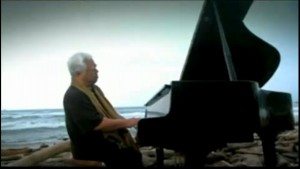 So while “±2°C” ends on a dismal note, albeit one with a dramatic musical montage, this film is an ambitious effort in the worldwide effort to increase environmental consciousness. The more people that see it, the better. Plus you’ll want to stay until the end to catch the epic piano ballad written by Norwegian musicians Iver Kleive and Aage Kvalbein, from their album: Til Trøst and performed by an especially expressive Taiwanese singer. Whether you’re on a couch, a computer, or a sandbar, it’s worth checking out “±2°C” for a crucial dose of environmental entertainment.
So while “±2°C” ends on a dismal note, albeit one with a dramatic musical montage, this film is an ambitious effort in the worldwide effort to increase environmental consciousness. The more people that see it, the better. Plus you’ll want to stay until the end to catch the epic piano ballad written by Norwegian musicians Iver Kleive and Aage Kvalbein, from their album: Til Trøst and performed by an especially expressive Taiwanese singer. Whether you’re on a couch, a computer, or a sandbar, it’s worth checking out “±2°C” for a crucial dose of environmental entertainment.
See for yourself here:


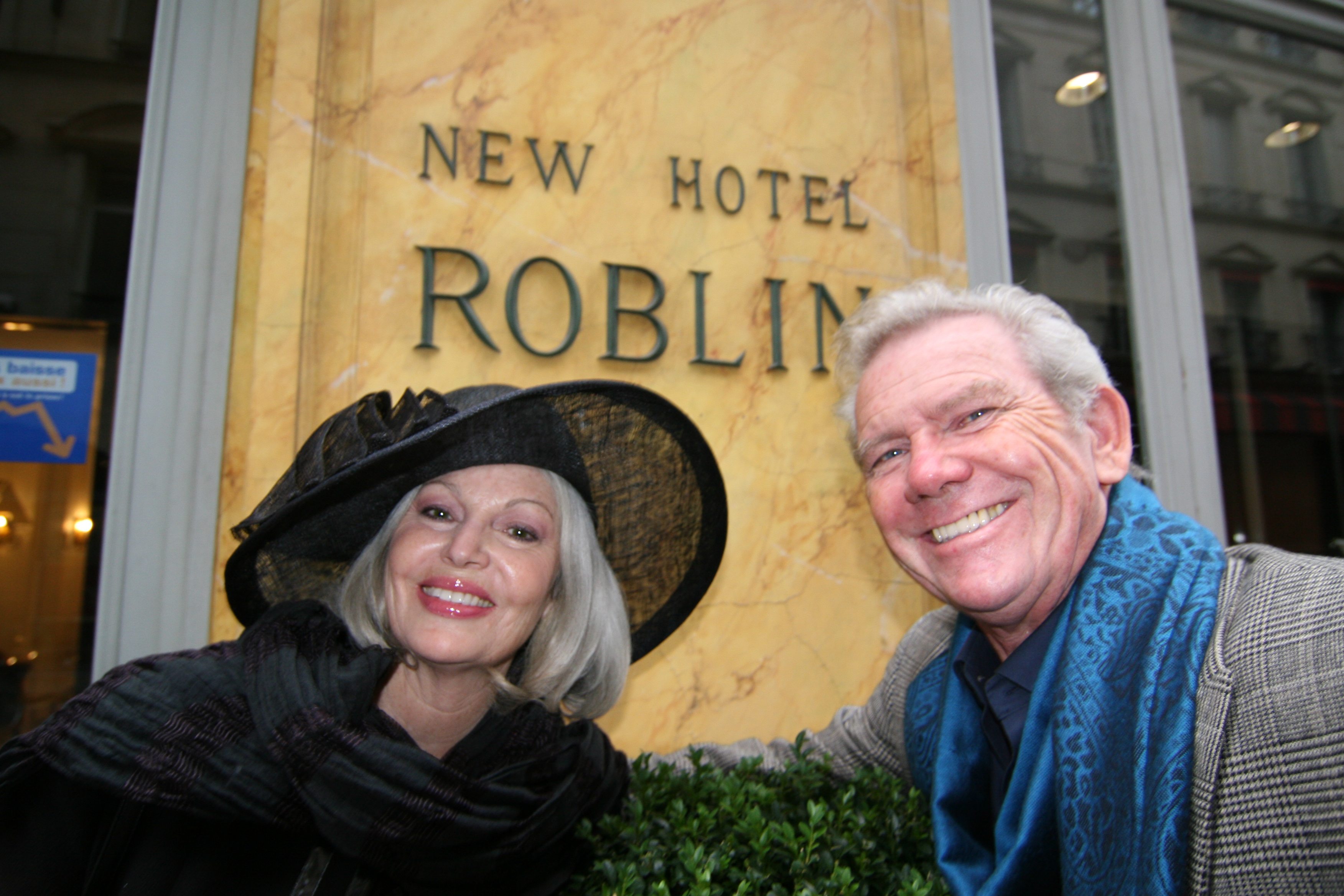





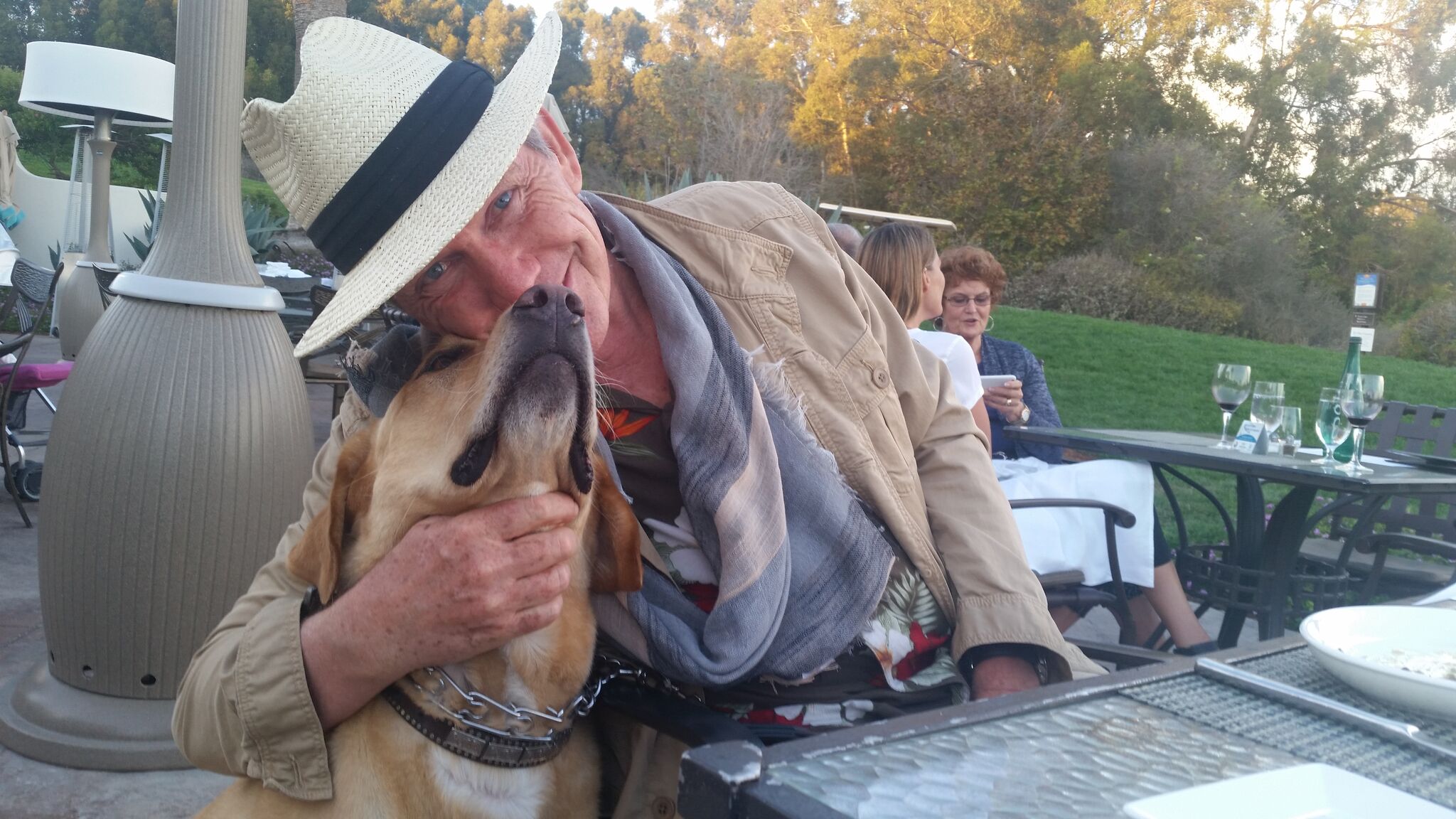
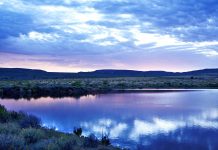




What a “global” article, Lush!
It definetely breaks my heart to watch the documentary and be reminded of the floods that take away many homes and lands from the place I call home. Taiwan was once called Formosa, with four seasons and amazing landscape for tourism. http://eng.taiwan.net.tw/
Global warming affects everyone and everywhere on the planet and there is no escape. This documentary is a wake-up call and reminder that we are all global citizens. Your article will indeed contributes to spread the Green living effect.
Well done 🙂